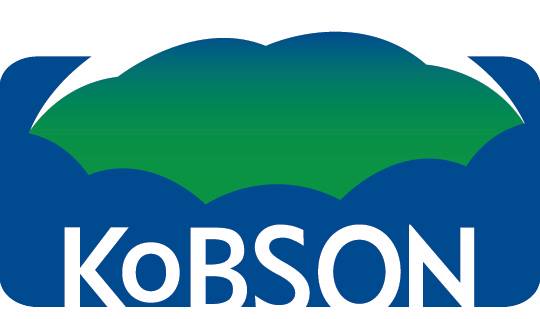DOI: 10.5937/jaes0-27675
This is an open access article distributed under the CC BY 4.0

Volume 19 article 825 pages: 551-554
Michell structure is well known among tensegrity structures due to its optimization form and minimum mass of the
structure. Michell had adopted this idea from the results of James C Maxwell’s research on truss design. This paper
presents the basic mathematical model of Michell structure based on complexity order q=2 in the two-dimensional
coordinate system. This mathematical model imparts the analysis of all nodes and all members of Michell structure
and investigates their position to construct a stable Michell structure. This basic mathematical model of Michell structure
of complexity order q=2 can be used as a foundation to develop the Michell structure of high complexity orders.
Furthermore, the force density in each member of the structure has been studied. An expression to calculate the
minimum mass of structure has been defined at the end of this paper, which is the most important factor to construct
any kind of tensegrity structure.
This work was supported by the National Natural Science
Foundation of China (Grant Nos. 51605111, 51675114
and 51875111).
1. Rene, M. (2003). Tensegrity Structural Systems for the Future. pp.7-16.
2. Jing, Y, Z., Makoto, O. (2015). Tensegrity Structures, Form, Stability, and Symmetry. Springer, vol 6, pp 1-11. Doi. 10.1007/978-4-431-54813-3
3. Robert, E, S., Mauricio, C, d, O. (2009). Tensegrity Systems. Springer, New York. pp 1-43, 129-154. Doi. 10.1007/978-0-387-74242-7
4. Heping, L., Jingyao, Z., Makoto, O. (2018) .3- bar tensegrity units with non-equilateral triangle on an end plane. vol. 92, pp. 124-130. https://doi. org/10.1016/j.mechrescom.
5. Dhanjoo, G, N., Meyer M, R. (1968). Development of Michell Minimum Weight Structures.
6. Prager, W. (1977). Optimal Layout of Cantilever Trusses. Journal of Optimization Theory and Applications, vol. 23, no. 1.
7. Rozvany, G, I, N. (1996). Some shortcomings in Michell's truss theory. Springer, vol. 12, p. 6,
8. Muhammad, B, C., Ani, L., Yaohui, L., Sanaullah, K., Asif, R. (2019). The Dynamic similarity of Six Bar Ball Tensegrity Structure in Compression and Expansion Processes. Journal of Harbin Institute of Technology. (New Series). Doi: 10.11916/j. issn.1005-9113.2019032.
9. Guest, S, D., Koohestani, k. (2013). A new approach to the analytical and numerical form-finding of tensegrity structures. International Journal of Solids and Structures. Vol. 50, issue 19. doi.10.1016/ijsolstr. 2013.05.014.
10. Ani, L., Robort, E, S., Heping, L., Rongqiang, L., Hongwei, G., Longkun, W. (2014). Structure of the ball tensegrity robot. IEEE.
11. Nagase, k. Robert, E, S. (2014). Minimal Mass Design of Tensegrity Structures, Journal of the International Association for Shell and Spatial Structures. vol.55, no.1.







